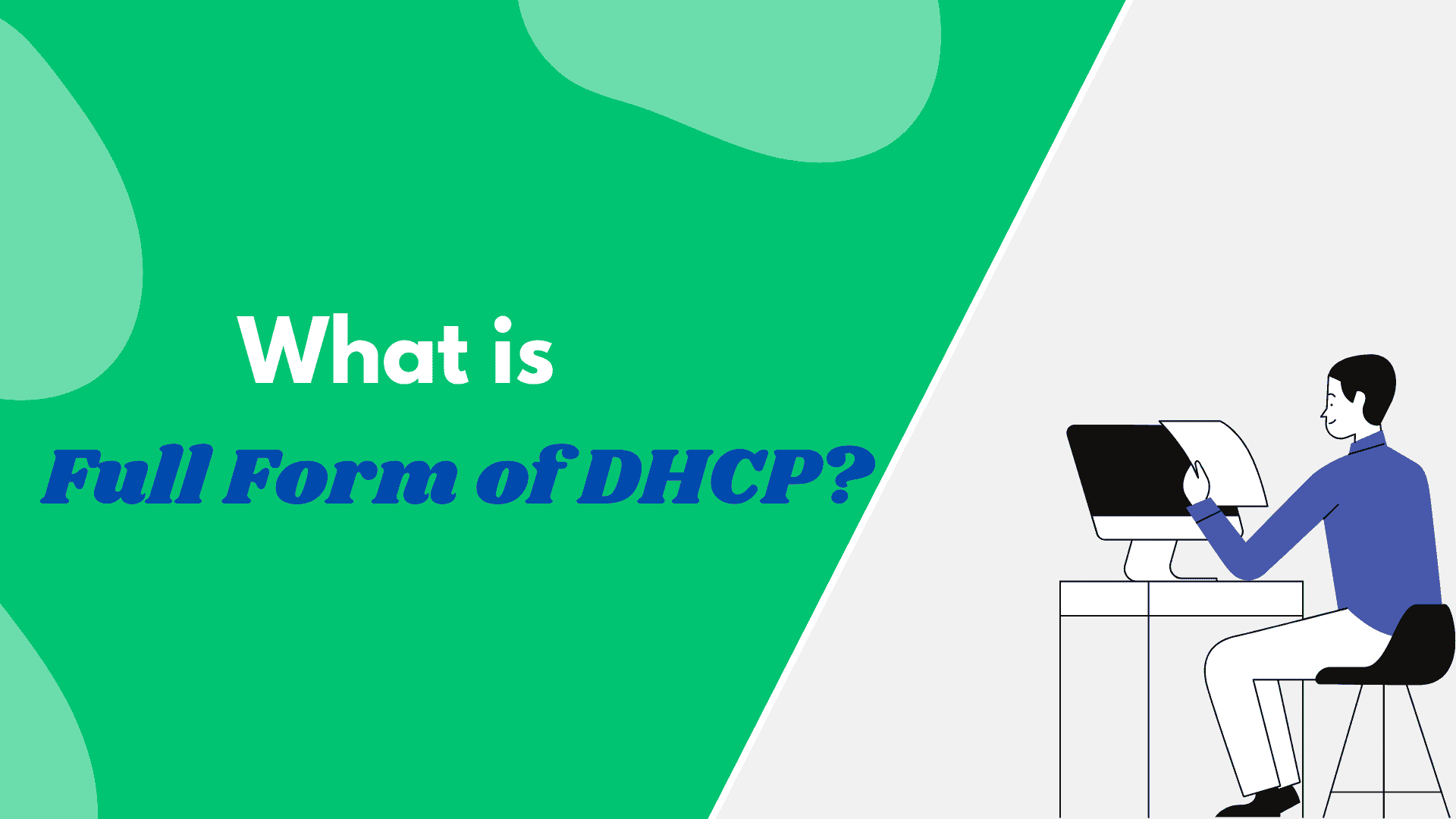What Is DHCP? Full Form, Functions, and the DORA Process Explained
What Is DHCP? Full Form, Functions, and the DORA Process Explained
IP address management in the computer world today is a basic requirement. Without it, communication among devices would be disorganized. That is where DHCP comes in. But what is DHCP, and how does DHCP work? In this blog, we’ll explore the full form of DHCP server, its core functions, and how the DHCP DORA process plays a key role in network connectivity. We’ll also relate it to broader networking and IT domains like multicasting, cloud computing, and ethical hacking for learners enrolled in UniNets training programs.

What Is DHCP?
DHCP, which stands for Dynamic Host Configuration Protocol, is an internet protocol that automatically allocates IP addresses and other communication parameters to devices connected to a network. Instead of manually setting each computer with a static IP address, a DHCP server makes it easy by dynamically allocating IP addresses.
Full Form of DHCP Server and Its Function
The DHCP server's full name is Dynamic Host Configuration Protocol Server. The DHCP server is a network server that assigns and gives automatically IP addresses, default gateways, and other network parameters to client devices.
Automation of network administration in this way simplifies it, particularly in large networks. For instance, a network with hundreds of computers would be incredibly difficult to administer without DHCP.
Why DHCP Matters in Modern Networks
Modern business networks, schools, and data centers depend on DHCP due to its efficiency and scalability. Whether a physical device or a virtual machine running in a cloud computing courses, DHCP is instrumental in preventing IP congestion.
Suppose you are on cloud platforms such as AWS or Azure. One of the initial things that occur when you launch a new instance is that the system allocates it an IP address—usually with assistance from a DHCP server. This feature is fundamental to cloud computing examples and is examined within cloud computing training at UniNets.
Learning about the DHCP DORA Process
The DORA process is the core of DHCP functionality. It's an acronym referring to:
D: Discover
O: Offer
R: Request
A: Acknowledge
Let's discuss each in turn:
1. DHCP DiscoverWhen a client connects to a network, it broadcasts a DHCP Discover message to find accessible DHCP servers.
2. DHCP OfferThe DHCP server replies with a DHCP Offer message, which provides an IP address lease to the client.
3. DHCP RequestThe client returns a DHCP Request to confirm the offer.
4. DHCP AcknowledgeThen, the server sends an DHCP Acknowledge, establishing the lease and sharing more network information such as the default gateway and DNS server.
This four-step DHCP DORA transaction is essential for successful IP allocation and seamless communication between network devices.
DHCP and Multicasting in Computer Networks
DHCP exists as much in broadcasting as multicasting does in certain sophisticated network situations.
So what is computer networking multicasting?
Multicasting is a technique where data is transmitted from a single source to numerous definite destinations in a network. It's more effective than broadcasting since it addresses only interested receivers.
Unlike unicast (one-to-one) and broadcast (one-to-all), multicast in computer networking is one-to-many. Multicast is a popular method used in video streaming, online gaming, and real-time data distribution networks.
It is imperative for network engineering and CCNA students enrolled at UniNets to comprehend the difference between broadcasting (employed by DHCP) and multicast networking.
Real-World Applications: DHCP in Cloud Computing
Cloud infrastructure relies heavily on automation, and DHCP is a key component in that process. Whether you’re launching instances, containers, or serverless functions, automatic IP assignment is essential.
Let’s look at a few cloud computing examples where DHCP is used:
Auto-assigning private IPs in AWS EC2
Dynamic networking in Azure VNets
Configuring IP addresses in Google Cloud Compute Engine
Professional students of cloud computing and those planning to pursue cloud certification courses must learn DHCP since it's central in virtual networking.
Why Ethical Hackers Should Learn DHCP
If you're in a cybersecurity line of study and learning ethical hacking courses, the concept of DHCP is something you can't turn your back on.
Attackers tend to compromise DHCP servers in order to conduct rogue DHCP attacks. Here, an attacking server supplies fake IP data to compromise network processes or conduct man-in-the-middle attacks.
That is why students who undergo ethical hacking training online should understand how DHCP works and under what vulnerabilities. In UniNets, our certified ethical hacking training programs discuss such topics with real-world examples.
The knowledge of DHCP is not merely configuration—it's about protecting your network from both internal and external threats. And yes, if you're considering the ethical hacking salary potential, a deep understanding of protocols can provide an edge.
Conclusion
From making it easy to manage IPs to facilitating auto-network configuration, DHCP is an essential technology that ensures the world of bits functions smoothly. Whether you're experimenting with multicasting computer networks, deploying resources in the cloud, or taking up ethical hacking training, knowing DHCP is a cornerstone.
At UniNets, our cybersecurity, networking, and cloud courses guarantee that students do not just learn how to set up DHCP but are also taught its place within more complex IT landscapes. Whether you're seeking cloud certification training or hoping to earn a high ethical hacking salary, gaining proficiency in protocols such as DHCP will elevate your skillset to the next level.
